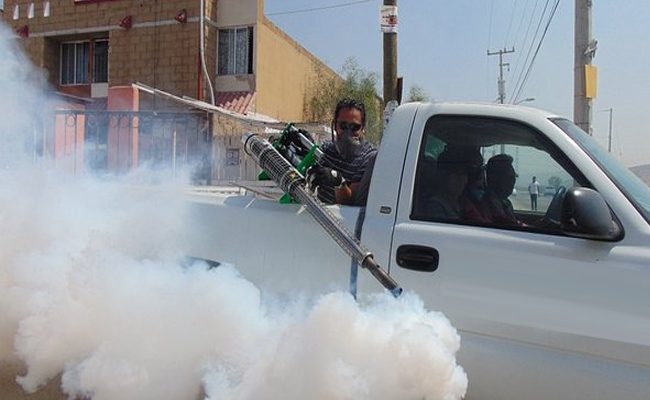
Tiny, tough and incredibly frustrating, fleas are some of the worst household pests. Managing an infestation is time consuming and it often requires the help of professional flea treatment Toowoomba specialists. While DIY flea treatments can give you temporary relief, the long-term solution lies in commercial options. A tailored treatment plan is the best way to get rid of fleas once and for all. If you’re struggling with a flea infestation then read on – we’re going to discuss how long it takes to kill fleas and what you can do to prevent infestations.
How Long Does Flea Treatment Take?
There’s no simple answer to this question. Dealing a flea infestation will only take a few days if you go about it the right way. If your treatment plan is ineffective then you could find yourself dealing with fleas for months.
The real problem is that fleas are incredibly tough. They thrive in all sorts of environments, and most of us have household pests that fleas are happy to hitch a ride on. Together, these two things mean that flea infestations spread quickly, and it’s difficult to get rid of them once they’ve taken root. The only effective way to manage a flea infestation is to break their life cycle. While many insecticides are good at killing adult fleas, they’re often ineffective at killing eggs and larvae. So, while your DIY treatment might be effective for a week or two, new fleas will begin to hatch and cause the infestation to begin all over again.
How Do Flea Treatments Work?
Professional flea treatments involve a mix of insecticides, steaming and other cleaning chemicals to kill fleas at every stage of their life cycle. Depending on the infestation you may only need a single treatment, or you may need multiple treatments over the course of several weeks. Whatever your exterminator decides, the flea treatment process contains a few basic steps:
- Cleaning the house. Every flea treatment begins with spring cleaning. Any items that live on the floor need to be moved and cleaned, and all surfaces, pet beds, bedding, upholstery and rugs need to be thoroughly cleaned. Flea eggs work their way into all sorts of places, so it’s important to scrub every nook and cranny.
- Vacuuming and mopping. Using a high powered vacuum you’ll need to clean carpeted and hard surfaces. This is especially important if you have hardwood floors. Flea eggs fall into the gaps between boards and they need to be removed to prevent further infestation. You’ll need to vacuum multiple times before you move onto mopping with hot water and detergent.
- Washing bedding and upholstery. Bedding, pet beds, curtains, rugs and other upholstery needs to be cleaned. The most effective treatment is to use a steamer, but washing with hot water and detergent is also good. In severe cases you may need to replace bedding and other items to deal with fleas.
- Applying treatment products. Once you’ve cleaned your house top to bottom, your pest control company can come in and do the rest. They’ll use a mix of steamers and insecticide sprays to kill fleas at every stage of their life cycle, preventing the infestation from returning.
How to Tell When Fleas are Gone for Good
Getting rid of fleas is tricky. They work their way into every corner of the house, and it only takes a few fleas to restart an infestation. After your treatment cycle is complete, you need to make a habit of regular cleaning and vacuuming. Keep an eye out for signs of fleas while you’re doing this. Fleas and their eggs are tiny, but they should be visible inside your vacuum bag after cleaning the floors. Your fleas are gone for good when you no longer see them while cleaning!
Tips to Prevent Fleas from Returning
Professional flea treatment Toowoomba wide is often an involved process. There’s lots of cleaning involved, and you’ll have to keep it up for several weeks to ensure the infestation is dealt with. If you don’t want that effort to go to waste then you’ll need to do a few simple things to prevent the fleas from returning:
- Regularly vacuum carpets and mop floors
- Treat your pets for fleas
- Check pets for signs of fleas, especially after they spend time outdoors or around other animals
- Wash your pets and their bedding regularly
- Use hot water and detergent to wash your own bedding frequently
- Keep your yard clean
- Clear away any grass, trees or bushes that touch or overhang your house
- Clean up any items that touch the outside of your house
A regular cleaning regime is your best defence against fleas. Vacuuming the floors and washing bedding makes it harder for fleas to gain a foothold in your home. Along with treatments for your pets, it should be possible to keep your house free of these tiny pests for years!
Leave a Reply